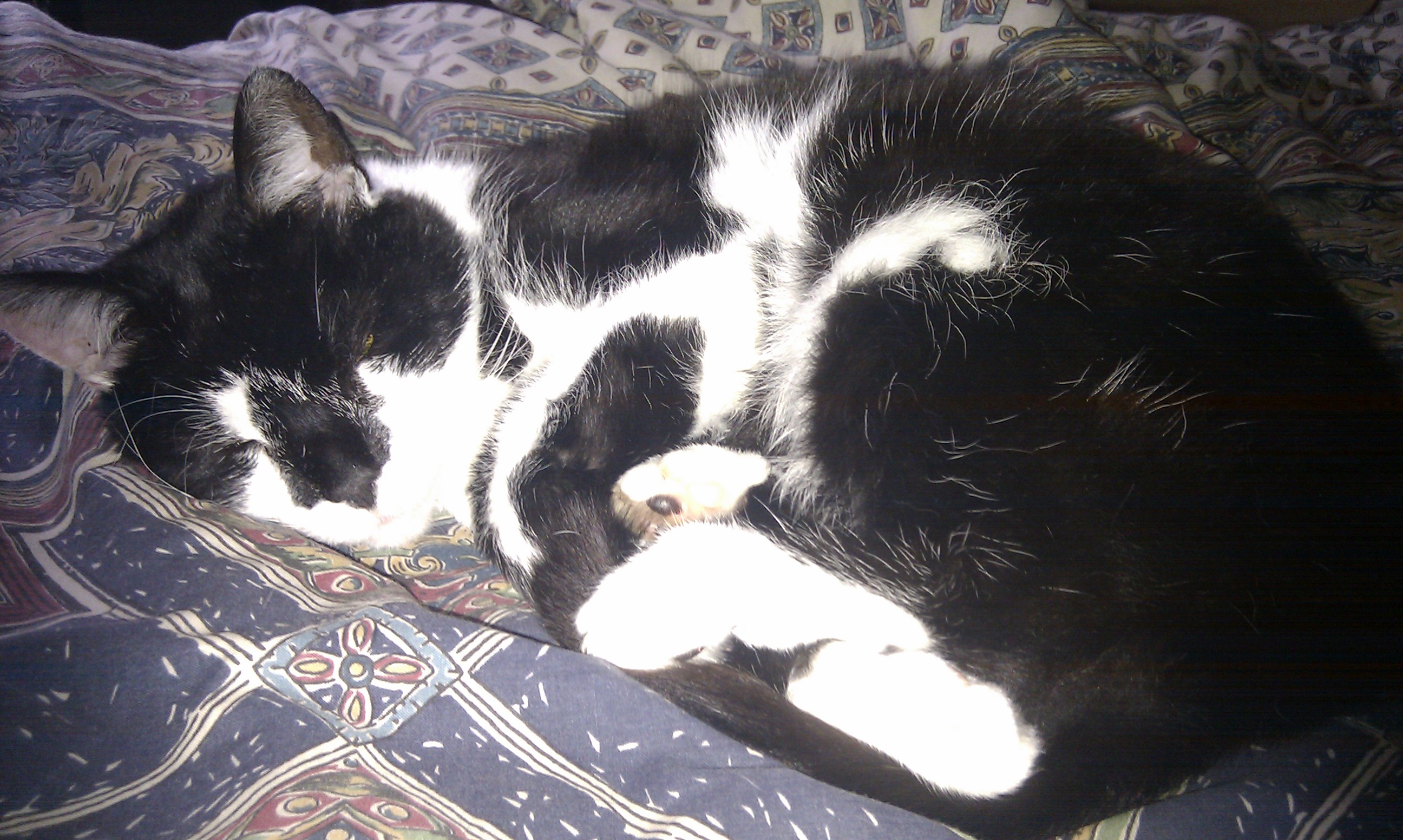
There are a few winter hazards that may harm or threaten your pet. So we’ve put together an easy checklist so that you can ensure that your cat (and dog) is safe and protected through the winter months.
Grit or rock salt on paws
In wintry, icy conditions very often road/street grit or rock salt is spread on roads, pavements and paths. This grit and rock salt is toxic to cats and dogs and could cause diarrhoea, skin irritations, vomiting, kidney failure and, in extreme cases, brain damage.
Dogs and cats could become ill after walking through the grit on the ground and then licking the substance off their irritated paws. The grit when ingested will develop an irritation of the gastro-intestinal tract leading diarrhoea and vomiting and, in extreme cases, the grit salt could also affect the kidneys and brain.
So when walking your dog or letting your cat out, please be vigilant and examine their paws to make sure that they have no grit on their paws or between their toes. To be on the safe side, during winter and icy conditions wash your pet’s feet and wipe them clean immediately after they go outside and come back in.
Anti-freeze poisoning
The smell and taste of anti-freeze products is extremely attractive to cats and dogs. However anti-freeze is toxic and poisonous and potentially fatal. If you cat or dog is vomiting, walking strangely/to one side or stumbling and is unsteady on their feet it could be that they have licked up or ingested anti-freeze. Don’t delay as you must take your pet to your vet immediately. The quicker you act and get your pet examined the faster you may be saving their life.
Hypothermia
In cold weather, pets can suffer from hypothermia just as humans can. If your cat or dog is shivering and appears to be suffering from the cold in any way, take them to your vet immediately. Limit their time outdoors, especially in very cold conditions, although cats tend to stay in the warm anyhow. If you don’t have a cat flap, check regularly to see if you cat wants to come back inside, and never leave them shut outside for long periods of time. It is always worth installnig a cat flap if you don’t have one so that your cat can enter and exit your home as it pleases and doesn’t have to wait to be let into its home.
Items that are toxic to pets during the festive season….
– Take care with various foods during Christmas such as chocolate, sultanas, raisins, graps and Christmas pudding.
– Ensure that your dog does not drink any alcohol as it is toxic to pets and can lead to brain damage.
– Meat and chicken bones can be very damaging and fatal to your pet, getting stuck in their throat and digestive tract, and sharp bones cutting or scraping internally when swallowed. Don’t leave meat or bones lying around and ask your guests to not feed your pets scraps or food.
– Decorations such as tinsel can also be ingested by pets, so keep your decorations away from pets and high up out of reach.
– Poinsetta plants are popular at Christmas, however they are very toxic to cats and dogs. The milky, white sap contains harmful chemicals that can cause conjunctivitis to the eyes. If your cat or dog is showing signs of vomiting, itchiness, swelling or unusual irritation, then please see a vet immediately.
Fireworks and pets
The fireworks and Diwali season, beginning from October every year, can be extremely frightening and stressful for your cats and dogs, and all pets. You can read how to protect your pets during the fireworks and make things as stress-free as possible for them. Read our fireworks and cats article here.
We have a full guide of items that are toxic for your cat that you can read.
